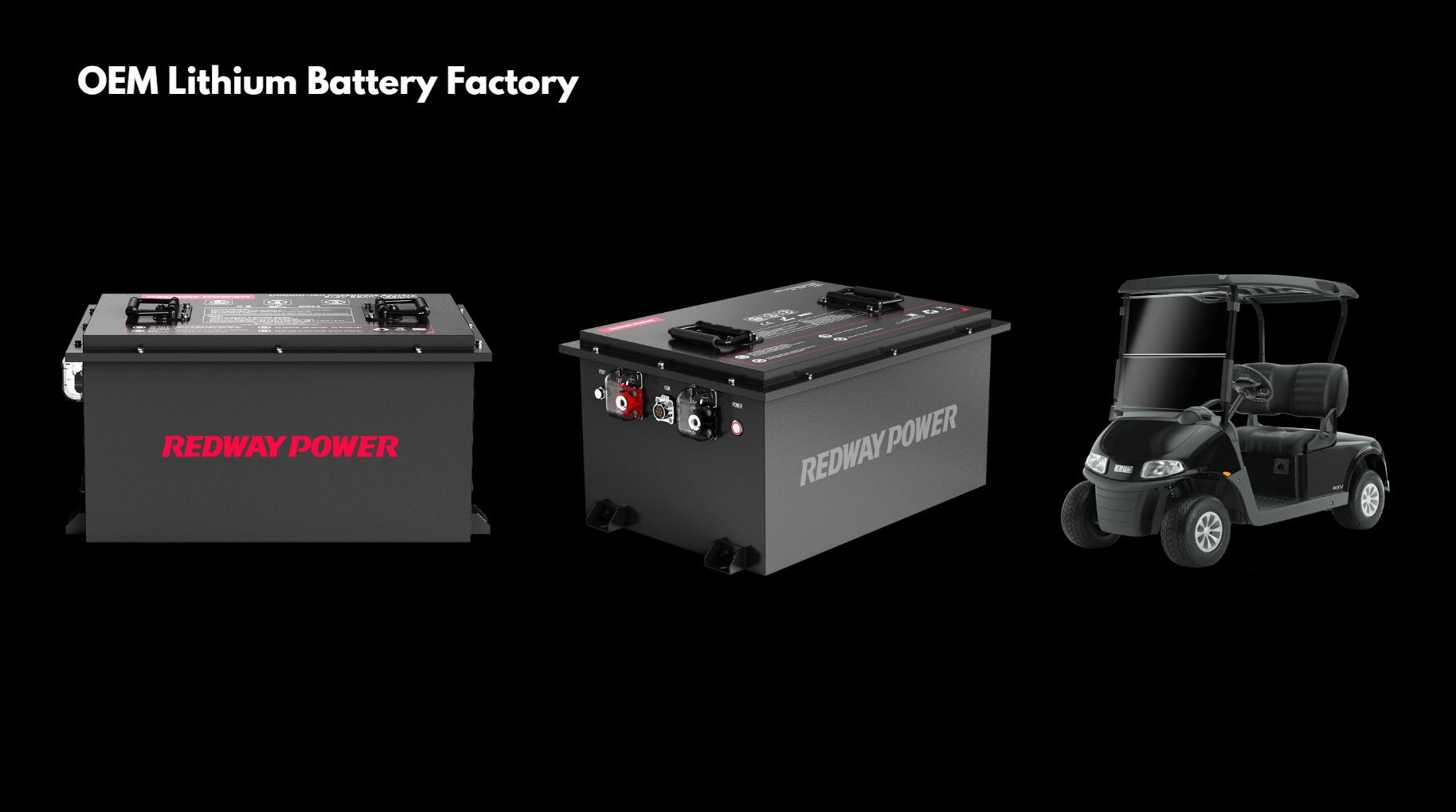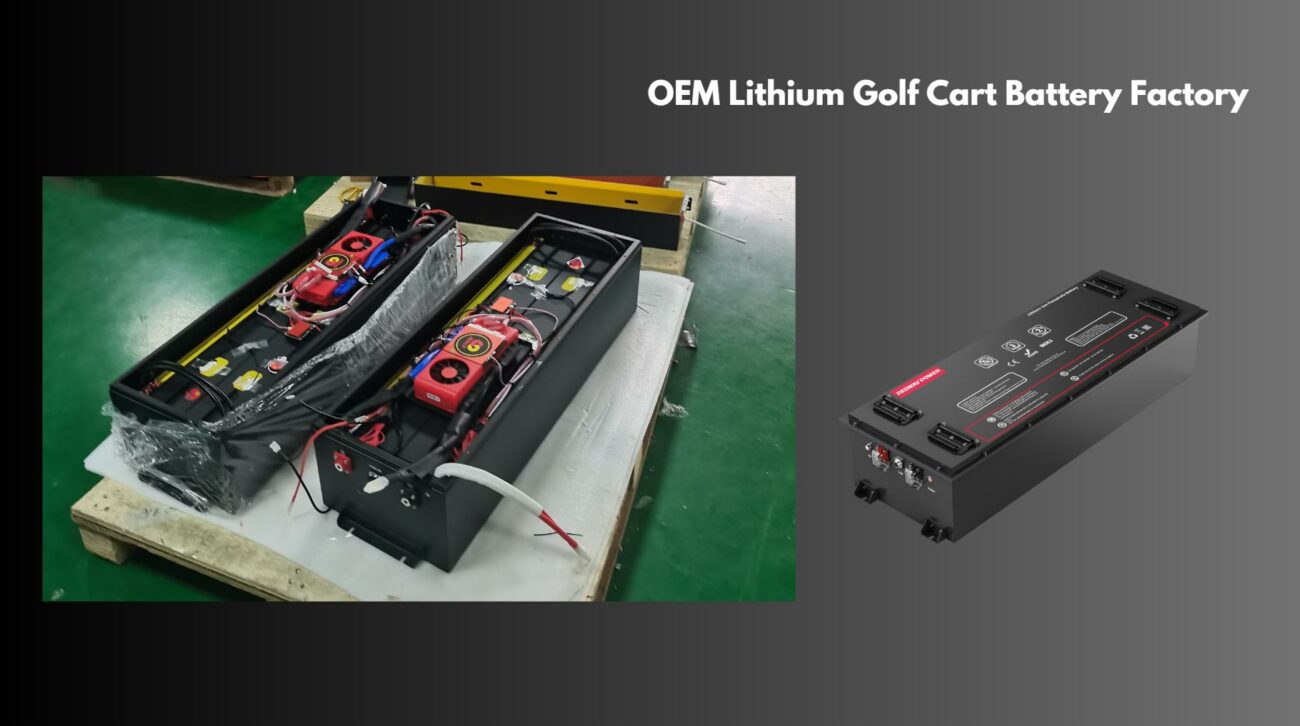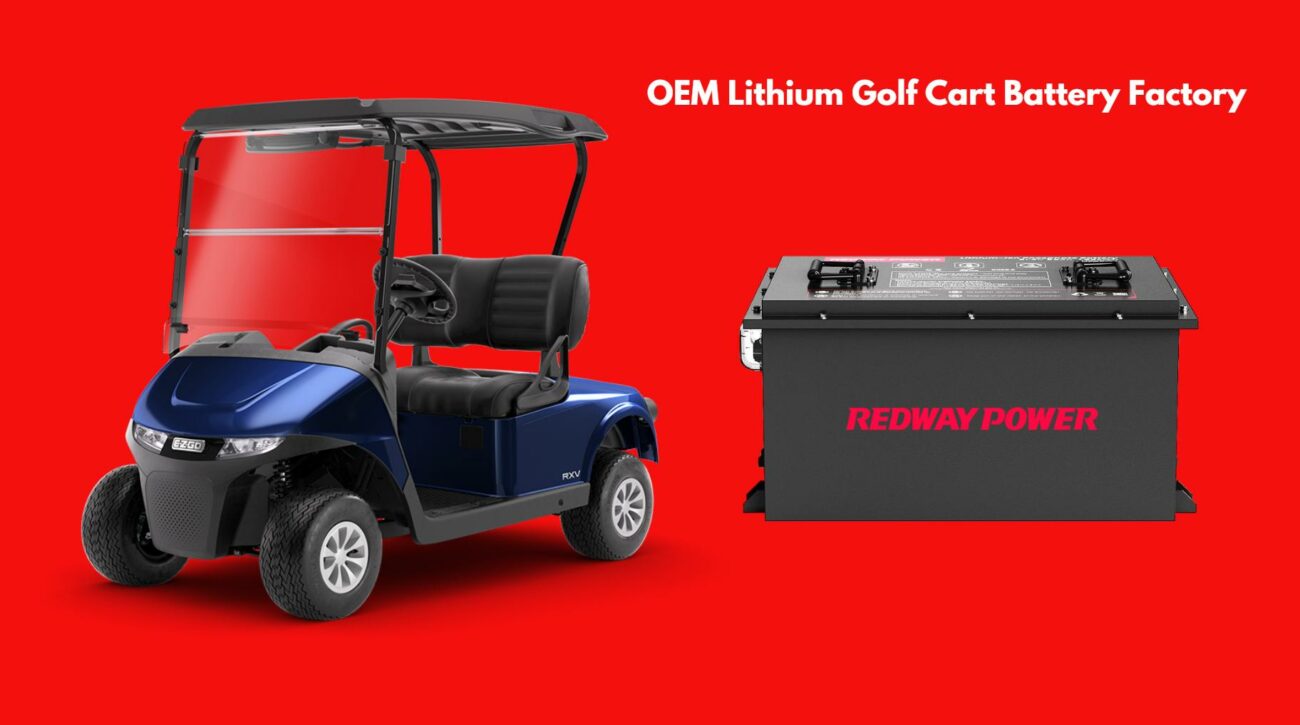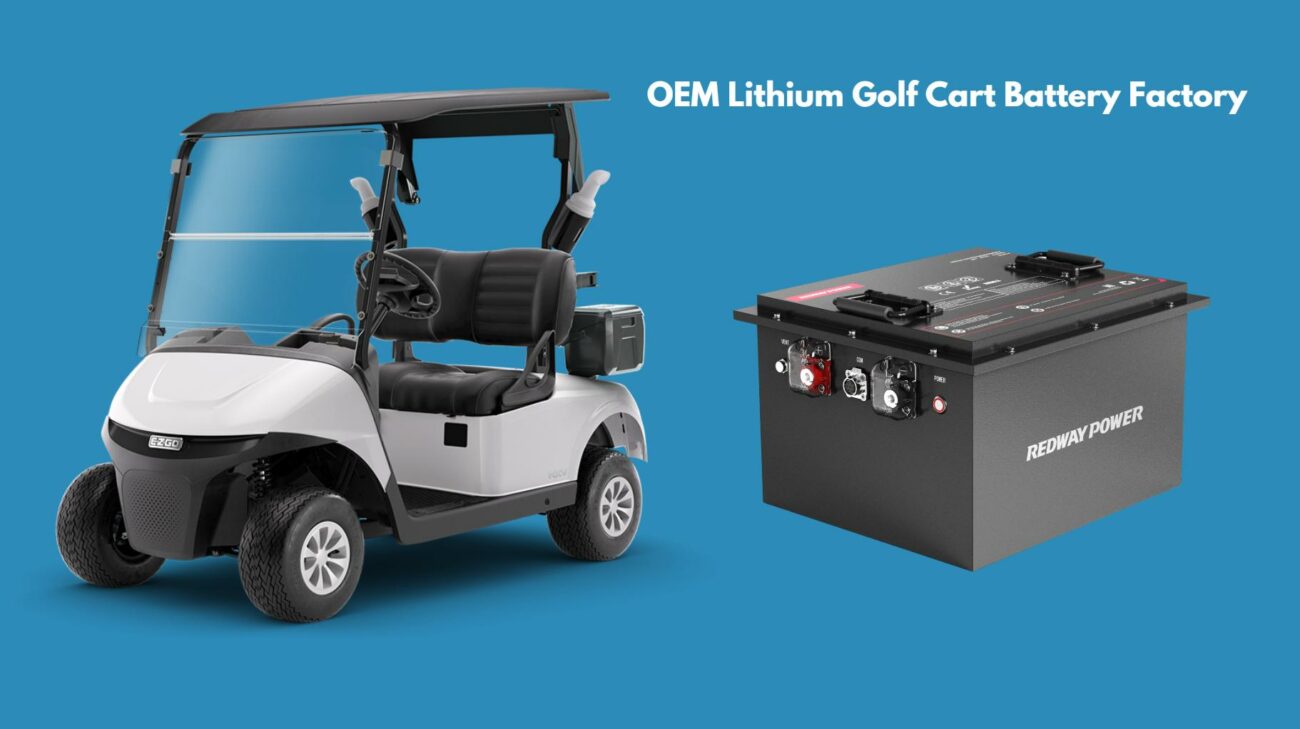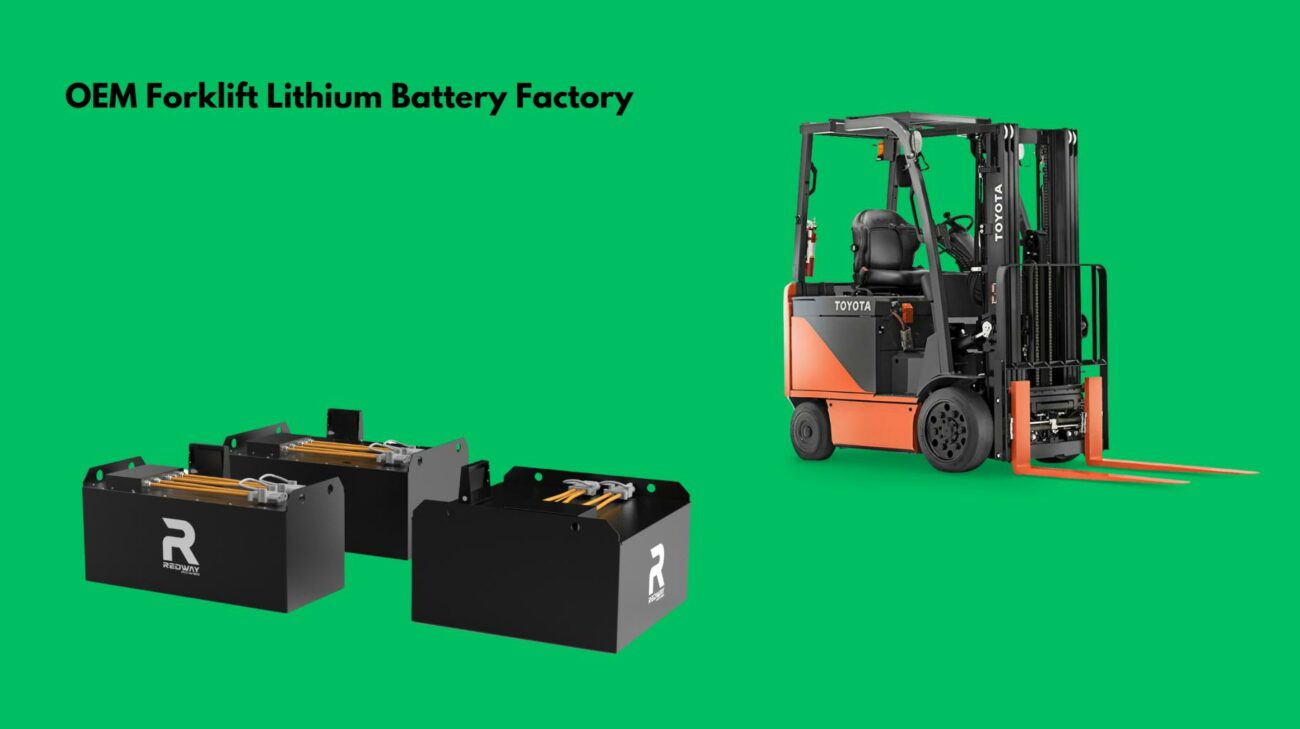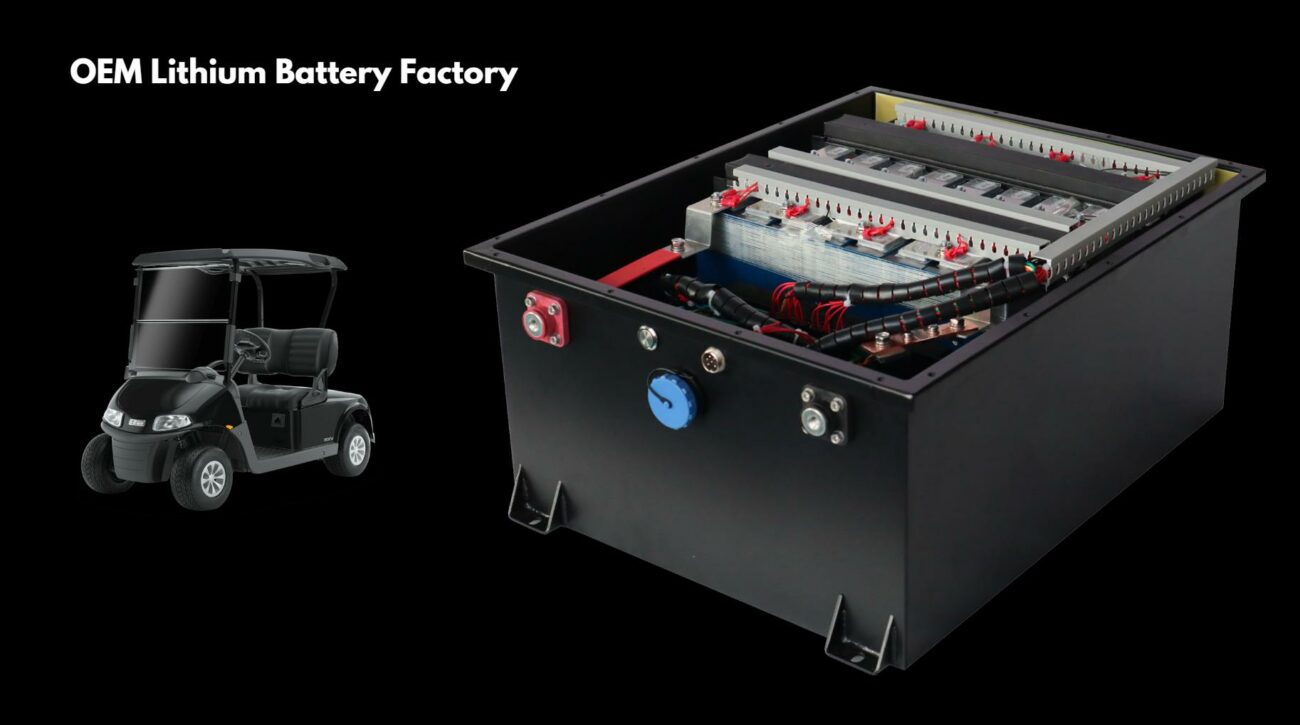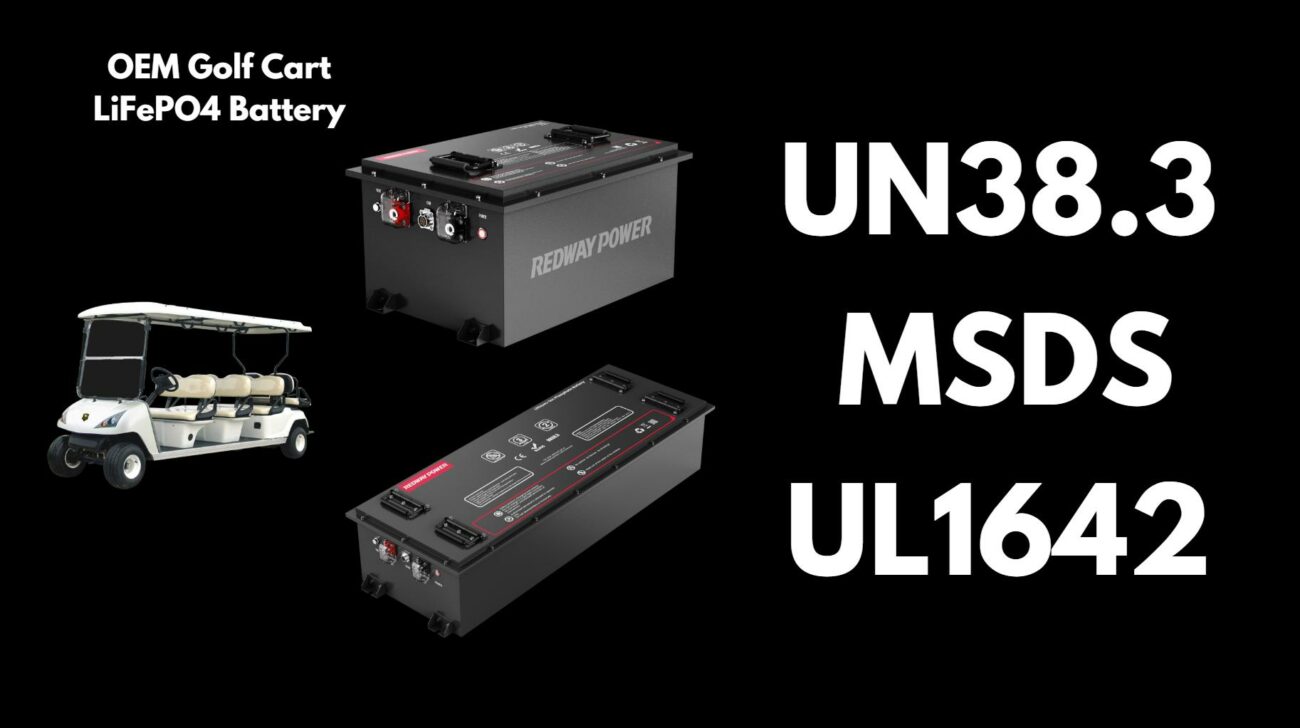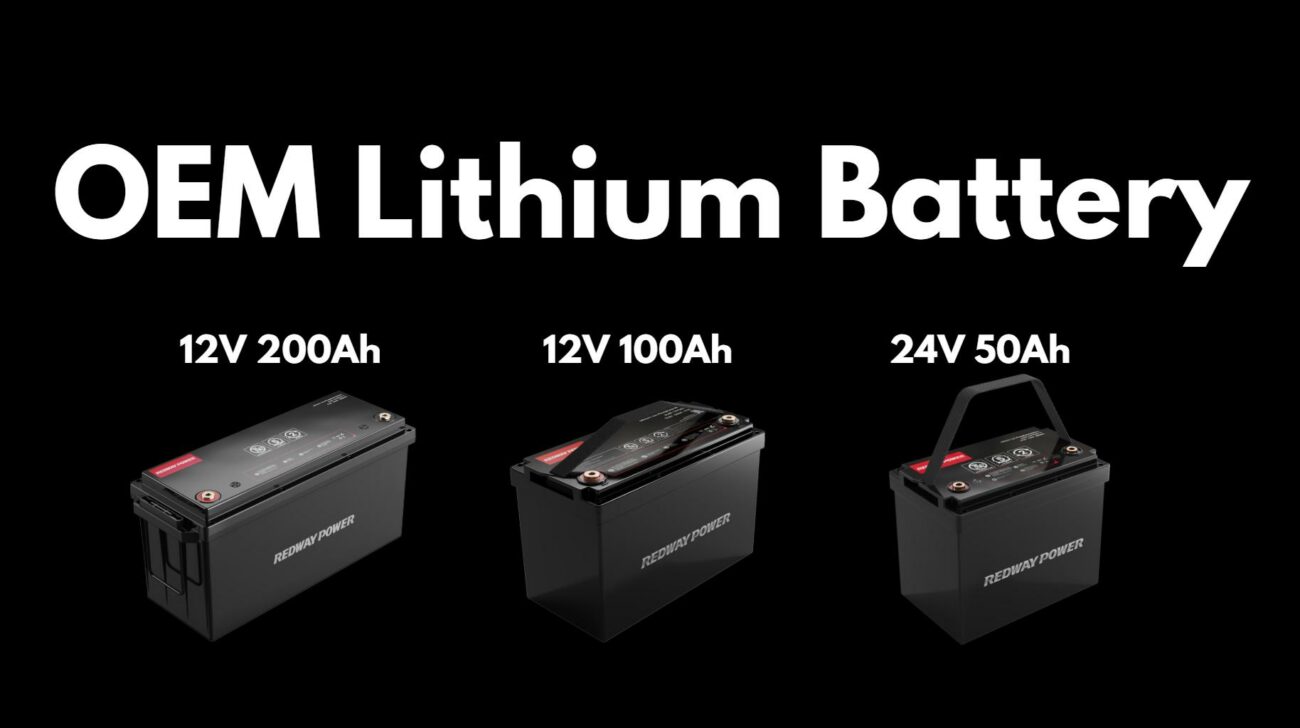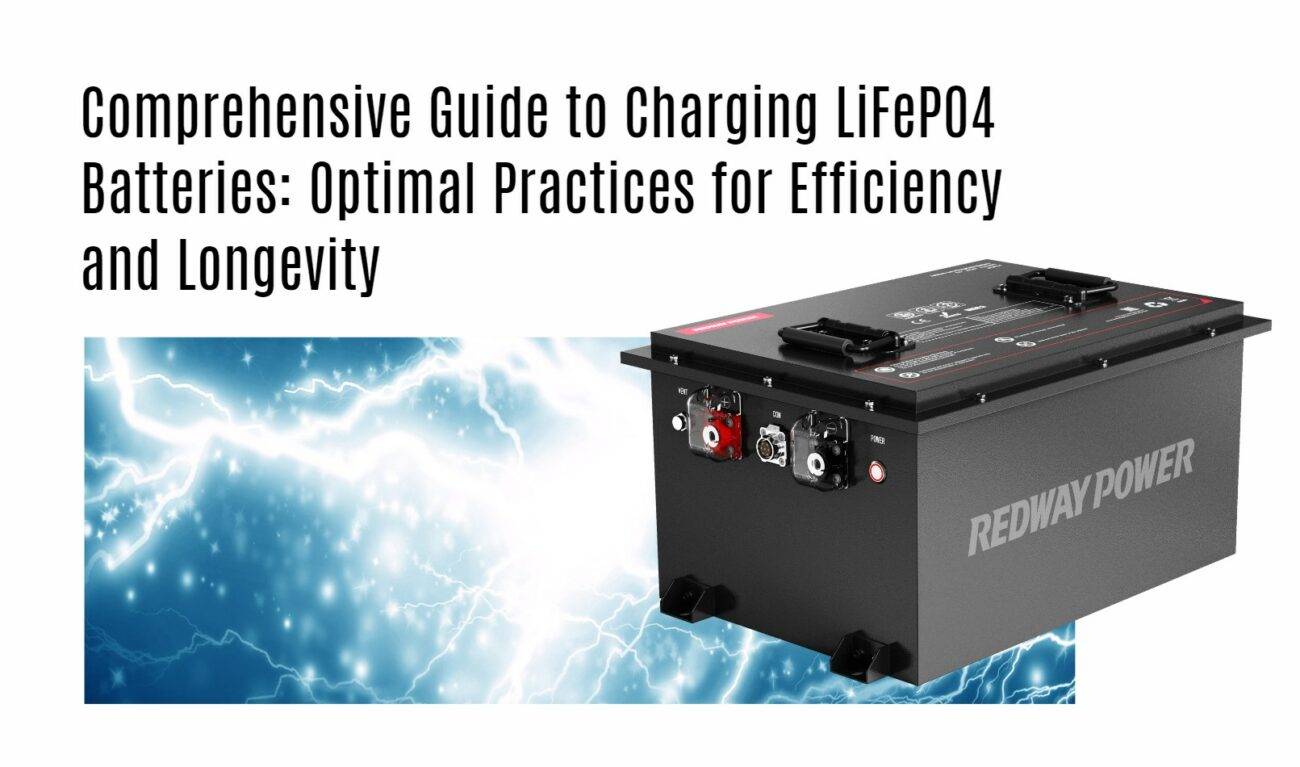How does a lithium battery manufacturer’s experience impact battery quality and innovation? An experienced manufacturer has refined production processes, advanced R&D, and strict quality control, leading to higher energy density, longer lifespan, and safer batteries. Does innovation in materials and assembly improve efficiency and performance? Yes, it results in enhanced overall battery capabilities. Why is understanding your application’s unique requirements key? Matching your needs with a manufacturer’s capabilities prevents underperformance, ensures safety, and maximizes the return on your investment.
Why is Stringent Quality Control Critical in Lithium-Ion Battery Manufacturing?
Stringent quality control is vital in lithium-ion battery manufacturing to prevent catastrophic failures. Why is this so important? Improper design and manufacturing practices can lead to fires, smoke, and thermal runaway. How do manufacturers maintain high quality control? By applying rigorous measures and checks during and after manufacturing, the risk of failure throughout the supply chain is reduced, ensuring product safety and reliability.
How Does Increasing Demand Impact Lithium-Ion Battery Manufacturing Processes?
The demand for lithium-ion batteries is surging, driven by the rise of electric vehicles (EVs) and clean energy technologies. How does this increased demand affect manufacturing processes? It necessitates scaling up production, improving manufacturing efficiencies, and ensuring a stable supply of raw materials. Why is it crucial for manufacturers to adapt to this growing demand? Meeting the market’s needs while maintaining quality requires technological innovation, streamlined operations, and strategic partnerships.
Also read:
Does Battery Firm’s Experience Matter?
What LiFePO4 Battery Certifications Should You Look For?
Why Understanding Battery Needs Is Key?
Why Choose LiFePO4 Batteries for Your Power Needs?
What Technological Advancements are Driving Innovation in Lithium-Ion Batteries?
Technological advancements are continuously reshaping the lithium-ion battery landscape. What are some of these key innovations? These include increased cell energy density, new active material chemistries (such as solid-state batteries), and advanced cell and packaging production technologies like electrode dry coating and cell-to-pack designs. How do these advancements benefit consumers? They result in batteries with improved performance, longer lifespans, and enhanced safety features.
Why is Sustainability an Increasingly Important Factor for Battery Manufacturers?
Sustainability is gaining prominence in lithium-ion battery manufacturing. Why is sustainability so important? Consumers and regulators are demanding more environmentally friendly practices. How are manufacturers addressing this demand? By focusing on recycling, using eco-friendly materials, and implementing responsible sourcing strategies. Why should you prioritize a battery with a long cycle life? A longer cycle life translates to a lower total cost of ownership, as you’ll need to replace the battery less frequently.
How Do Manufacturing Defects Compromise the Safety of Lithium-Ion Batteries?
Manufacturing defects can significantly compromise the safety of lithium-ion batteries. What types of defects are common? These include metal foreign matter, which can cause internal short circuits, leading to fires and explosions. How can manufacturers prevent these defects? Through stringent quality control measures, meticulous inspection processes, and advanced manufacturing techniques.
What Manufacturing Expertise and Factors Affect Lithium-Ion Battery Quality?
Several factors affect lithium-ion battery quality, with manufacturing expertise playing a central role. What key elements contribute to high-quality battery production? These include equipment integration, simplification of equipment, and robust cross-industry and intra-industry cooperation. How does manufacturing expertise influence battery quality? Experienced manufacturers have refined processes, better equipment, and skilled personnel, resulting in superior product quality. The Key Factors in Lithium-Ion Battery Manufacturing is to make sure the quality.
How Does a Manufacturer’s Location Affect Battery Supply Chains?
The manufacturer’s location significantly influences logistics, costs, and supply chain resilience. How does location impact these factors? Proximity to raw materials, key markets, and transportation infrastructure can reduce costs and lead times. Why is it important to consider the manufacturer’s location? Strategic location choices can enhance supply chain efficiency and reduce the risk of disruptions.
Why are Vertical Integration and Strategic Partnerships Beneficial for Lithium-Ion Battery Manufacturers?
Vertical integration and strategic partnerships can offer significant advantages in the lithium-ion battery industry. How do these strategies benefit manufacturers? Vertical integration ensures control over the supply chain, from raw materials to finished products, while strategic partnerships foster collaboration and innovation. Why are these approaches important? They enhance supply chain resilience, reduce costs, and accelerate technological advancements.
How Does Automation and Equipment Integration Influence Manufacturing Quality and Efficiency?
Automation and equipment integration play a crucial role in enhancing the quality and efficiency of lithium-ion battery manufacturing. How do these factors contribute to better manufacturing outcomes? Automation minimizes human error, increases production speed, and ensures consistency. What effect does that have on the manufacturer? Equipment integration streamlines processes, reduces waste, and improves overall operational efficiency.
Why are Robust Research and Development (R&D) Programs Vital for Battery Innovation?
Robust Research and Development (R&D) programs are essential for driving innovation in lithium-ion battery technology. How do R&D efforts contribute to advancements? They lead to new materials, improved cell designs, and more efficient manufacturing processes. Why should you assess the manufacturer’s R&D capabilities? Manufacturers with strong R&D capabilities are more likely to deliver cutting-edge battery solutions and adapt to evolving market demands.
What Environmental and Ethical Considerations Should Guide Lithium-Ion Battery Manufacturing?
Environmental and ethical considerations are increasingly important in lithium-ion battery manufacturing. How can manufacturers address these concerns? By adopting sustainable practices, ensuring responsible sourcing of raw materials, and adhering to ethical labor standards. Why is this important for the long-term sustainability of the industry? Addressing environmental and ethical concerns builds trust with consumers, reduces environmental impact, and promotes a more sustainable future.
How Does a Lithium Battery Manufacturer’s Experience Impact Battery Quality and Innovation?
How does a lithium battery manufacturer’s experience impact battery quality and innovation? Manufacturers with extensive experience typically have well-established quality control processes, streamlined manufacturing techniques, and a deeper understanding of battery chemistry and performance. How can you assess a manufacturer’s experience? By examining their track record, certifications, and customer testimonials. Why is experience a critical factor? Experienced manufacturers are better equipped to produce reliable, high-performance batteries and drive innovation in the field. How Does a Lithium Battery Manufacturer’s Experience Impact Battery Quality and Innovation in a big way?
| Aspect | Experienced Manufacturer | Less Experienced Manufacturer |
|---|---|---|
| Quality Control | Stringent, well-established processes | Less rigorous, potential for inconsistencies |
| Manufacturing Techniques | Streamlined, optimized for efficiency | Less refined, potential for errors |
| Understanding of Chemistry | Deep understanding of battery chemistry and performance | Limited understanding, potential for design flaws |
| Innovation | Proven track record of innovation | Lower likelihood of breakthroughs |
| Reliability | Higher reliability and consistency in product performance | Inconsistent performance, potential for higher failure rates |
Expert Views
“In the lithium-ion battery industry, experience is invaluable,” says a leading battery technology expert from Redway. “Manufacturers with a long history of producing batteries have honed their processes, developed expertise in materials science, and built strong relationships with suppliers. This translates to higher-quality, more reliable batteries and a greater capacity for innovation.”
Conclusion
How Does a Lithium Battery Manufacturer’s Experience Impact Battery Quality and Innovation? An experienced lithium battery manufacturer’s expertise significantly affects battery quality and innovation. Stringent quality control, R&D investments, and the integration of advanced manufacturing techniques enhance safety and sustainability. As the demand for lithium-ion batteries grows, choosing a manufacturer with a proven track record is crucial for ensuring reliable and high-performance energy storage solutions.
FAQ
- What is the most common cause of lithium-ion battery failures? Manufacturing defects are a significant cause of lithium-ion battery failures, often leading to safety incidents like fires and thermal runaway.
- How do sustainability practices affect the cost of lithium-ion batteries? Implementing sustainable practices may initially increase manufacturing costs.
- What role does automation play in lithium-ion battery manufacturing? Automation enhances manufacturing quality and process, reduces waste, and streamlines overall operations.
- How can consumers identify ethically sourced lithium-ion batteries? Consumers can look for certifications and transparency from manufacturers regarding their sourcing and manufacturing practices.
- Why is vertical integration beneficial for lithium-ion battery manufacturers? Vertical integration ensures better control over the supply chain.



